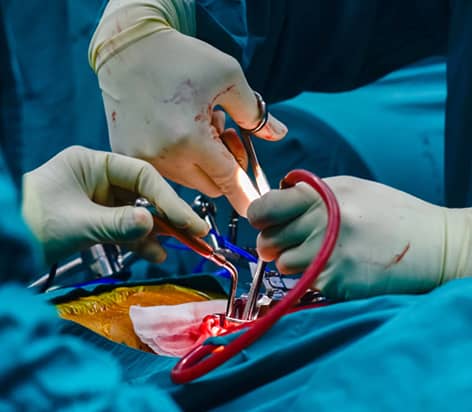
With advancements in the surgical domain, several advanced laparoscopic techniques are available to perform complex surgeries easily and precisely. In addition, laparoscopic or minimally invasive surgeries are now performed to treat diseases of vital organs, such as the heart and kidneys.